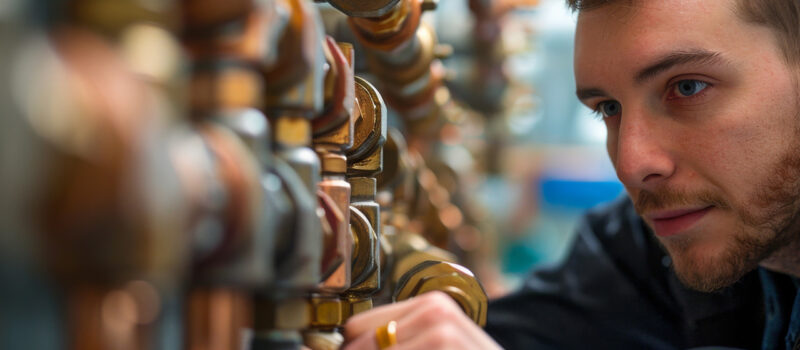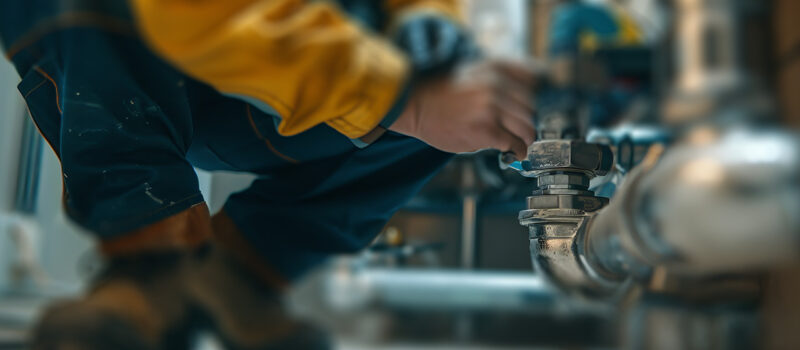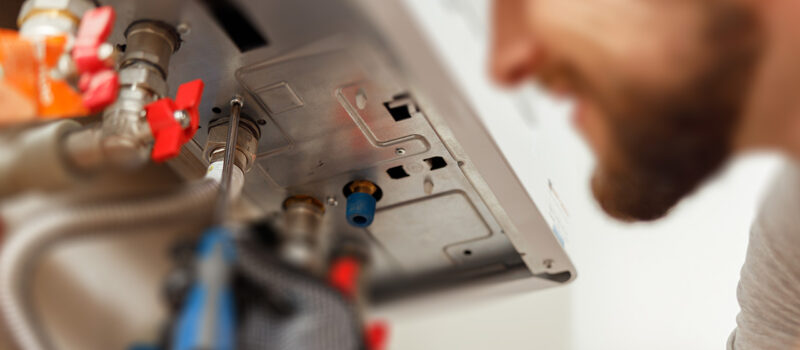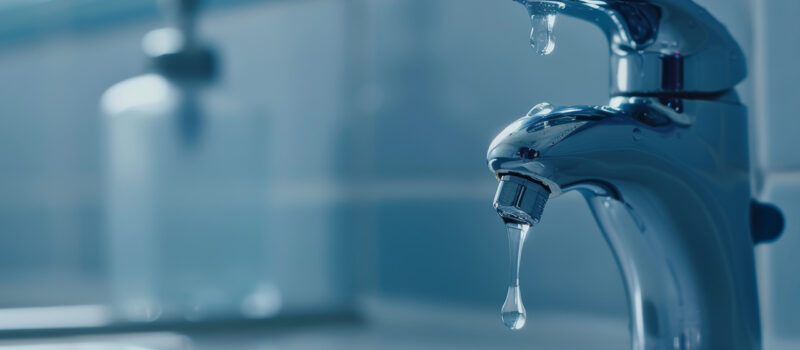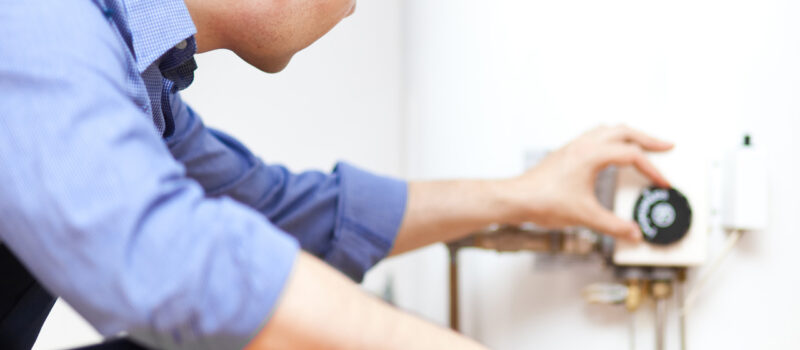
Garbage disposal systems have become a staple in modern kitchens, providing an easy and convenient way to deal with food waste. Yet, many homeowners find themselves frustrated by clogs or malfunctions that could have been avoided with a little knowledge and care. This blog will explore what you should avoid putting down your garbage disposal system, offering essential advice for homeowners and health-conscious individuals. By understanding the do’s and don’ts, you can ensure a smooth-running kitchen while also contributing to a healthier environment.
Understanding Your Garbage Disposal System
Before we dive into what should be avoided, let’s demystify how your garbage disposal works. This handy device is usually installed under your sink, equipped with blades that shred food waste into small pieces. These pieces are then washed away through your plumbing system. While this machine seems like a magic solution for leftovers, it’s important to understand its limitations.
Many people wrongly assume that garbage disposals can handle just about anything. This misconception often leads to costly repairs and unexpected plumbing issues. It’s worth noting that a garbage disposal is not designed to replace your trash can or compost bin. Its primary purpose is to manage small food scraps that find their way into the sink.
Even the most resilient garbage disposal has its limits. Some think that with enough water, any food can be forced through. This is not the case, and forcing certain types of waste can damage your blades or pipes. Knowing the facts behind this critical kitchen component can help you use it wisely, saving you time and money in the long run.
Foods to Avoid Putting Down the Garbage Disposal
It’s tempting to shove everything down the sink, but what exactly should you avoid? Foods like coffee grounds, eggshells, and fruit pits are notorious for causing serious problems. These items can easily build up in your pipes and render your garbage disposal ineffective.
Coffee grounds, often mistaken for harmless debris, can clog your pipes by creating a thick, sludgy deposit that’s difficult to move. Eggshells, with their fragile yet sharp edges, can damage your disposal’s blades and aren’t ground fine enough to move through plumbing easily. Similarly, fruit pits are simply too hard and risk jamming the system entirely.
Starchy foods like pasta, rice, and potatoes are also harmful. They expand with water and can form a gluey mass that severely clogs your pipes. Grease and fat solidify as they cool, creating stubborn blockages that could require professional intervention to resolve. Understanding these limits can save homeowners a great deal of hassle.
Alternatives to Disposal
Managing food waste doesn’t have to be a chore, even without relying on your garbage disposal for everything. Composting is a fantastic alternative, turning kitchen scraps into valuable, nutrient-rich soil. With backyard composting, you can reduce waste, lower your carbon footprint, and keep your landscape thriving.
If composting isn’t feasible for you due to space or time constraints, consider separating your waste for municipal composting programs. Many communities now offer curbside composting services, making it easier than ever to dispose of food waste sustainably.
Freezing leftovers until disposal day is another solution. It keeps smells at bay, prevents food from going down the drain prematurely, and allows for meticulous waste sorting later when it’s more convenient. By exploring these strategies, you can make a big impact on your home’s sustainability.
Maintaining Your Garbage Disposal System
Maintenance is key to prolonging the life of any appliance, and garbage disposals are no exception. A little effort can go a long way in keeping things running smoothly. Regularly flushing your disposal with cold water is a good practice to prevent debris build-up and blockages.
Use a small brush to clean the rubber flaps of your disposal. This is important as food particles often get trapped there, causing unpleasant smells. Running ice cubes through the disposal can also help clean the blades and eliminate odors.
Scheduling professional check-ups every couple of years ensures that any hidden issues get addressed before they develop into major problems. Your plumber can provide valuable insights on the health of your system and perform deeper cleanings that aren’t possible on your own.
Eco-Friendly Tips for Managing Food Waste
There are numerous ways to manage food waste sustainably at home. The first step is to reduce waste at the source—purchase only what you need and plan meals to use up all your groceries. This is not only good for the planet but also beneficial for your wallet.
Reuse what you can. Many food scraps, such as vegetable peels and bones, can be used to make homemade stocks and broths. This not only saves money but also enhances your cooking with rich, homemade flavors.
For unavoidable food waste, consider eco-friendly disposal options like community compost drop-off centers or specialized waste collection services. Supporting these initiatives helps reduce landfill contributions, resulting in a healthier planet for everyone.
Wrapping Up the Garbage Disposal Guide
By following these tips and avoiding common pitfalls, you can ensure that your garbage disposal remains in peak condition. It’s clear that making informed choices about what goes down the sink is vital not just for your own home, but for the wider community and environment as well.
Homeowners should take the opportunity to educate themselves and others about proper waste management. Sharing this knowledge can foster a collective effort toward a cleaner, more sustainable future. Whether you’re managing waste, taking care of your appliances, or taking part in community programs, your actions can make a positive impact.
Let’s commit ourselves to eco-friendly practices in and around our homes. Start a compost bin, make it a habit to use your garbage disposal wisely, and share these insights with friends and family. By making small changes today, we’re investing in a better tomorrow.

